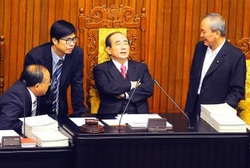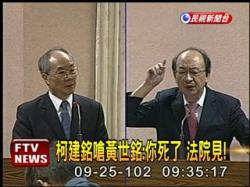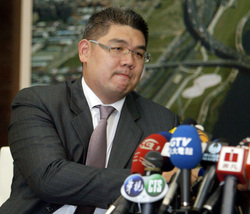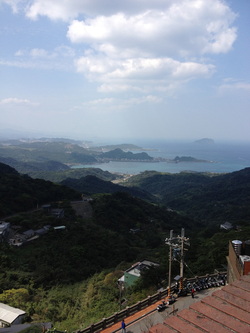
In less than three decades, Taiwan has transformed from a repressive, authoritarian state into a vibrant democracy. Changes to the legal system, and particularly the criminal justice system, have played a central role in this story. Reform-minded politicians, lawyers, judges, prosecutors, and scholars have been crucial advocates for strengthening human rights protections, as has Taiwan’s Constitutional Court. Since the end of martial law, the Court has vigorously given heft to rights enshrined in the Republic of China’s constitution. Now that Taiwan has adopted the contents of the International Covenant on Civil and Political Rights as domestic law, it is an opportune moment to reflect on Taiwan’s journey towards embracing international human rights norms and to confront remaining challenges. The situation across the strait is markedly different. Today, Taiwan’s Constitutional Court has no counterpart on the Mainland and analogues to Taiwan’s former police-controlled punishments remain in full effect. As calls for reform on the Mainland become increasingly vocal, how might Taiwan’s experience inform efforts to increase human rights protections in the People’s Republic of China?




 RSS Feed
RSS Feed
